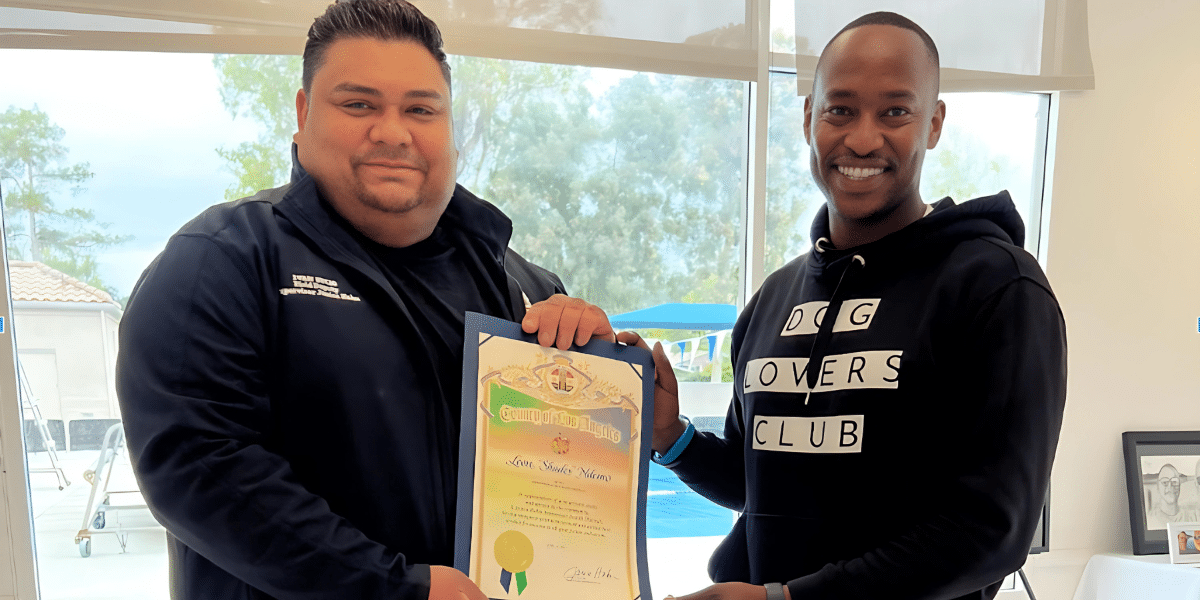Navigating Arizona’s plumbing codes and regulations can be daunting for homeowners. These codes are essential for ensuring safe and efficient plumbing systems and complying with legal standards. With insights from Cummings Plumbing in Tucson, Arizona, this comprehensive guide aims to simplify these regulations for the average homeowner.
The Importance of Plumbing Codes in Arizona
Arizona’s plumbing codes ensure that systems are safe, reliable, and efficient. These codes cover various topics, from pipe materials and sizes to installing fixtures and appliances. They are regularly updated to reflect new technologies and practices in the plumbing industry. Understanding these codes is crucial for any construction or renovation project, as non-compliance can lead to significant fines and legal issues.
Key Aspects of Arizona Plumbing Codes
- Permit Requirements: A permit is required for most plumbing work in Arizona. This ensures the work is inspected and meets the state’s plumbing codes. Homeowners should check with their local municipality or consult with professionals like Cummings Plumbing to understand when a permit is needed.
- Water Heater Regulations: Arizona plumbing codes specify how water heaters must be installed, including their placement and the type of venting required. These regulations are crucial for safety, preventing carbon monoxide poisoning or water damage.
- Sewer and Drainage Systems: The codes define how sewer lines and drainage systems should be designed and installed. This includes specifications for slope, materials, and connections to public sewers. Proper installation is key to preventing blockages and leaks.
- Water Conservation Measures: Given Arizona’s arid climate, water conservation is a significant aspect of the plumbing codes. This includes requirements for low-flow toilets and showerheads. Cummings Plumbing in Tucson, Arizona, often advises homeowners on the best water-efficient fixtures that meet these codes.
- Materials and Installation Standards: The codes also dictate what materials can be used for plumbing and how they should be installed. This includes pipes, fittings, and joint materials. Compliance with these standards is crucial for the durability and safety of the plumbing system.
Common Challenges and Misunderstandings
Homeowners often face challenges in understanding and complying with these codes due to their technical nature. For example, many are unaware of the specific requirements for different types of plumbing work or the need for permits for certain projects. Misunderstandings about these regulations can lead to non-compliant installations, resulting in costly repairs and legal complications.
The Role of Professional Plumbers
Updates and Changes in Plumbing Codes
Plumbing codes in Arizona are subject to change as new technologies and practices emerge. Staying updated with these changes is essential for homeowners planning any plumbing work. Professionals like Cummings Plumbing stay abreast of these updates, providing clients with the most current solutions.
Importance of Regular Inspections
Regular plumbing inspections ensure ongoing compliance with Arizona’s plumbing codes. These inspections can identify potential issues before they become serious problems, ensuring the safety and efficiency of the plumbing system.
Conclusion
Understanding Arizona’s plumbing codes and regulations is critical for any homeowner. These codes ensure the safety and efficiency of plumbing systems while complying with legal standards. While navigating these codes can be complex, professional plumbers like Cummings Plumbing in Tucson, Arizona, provide invaluable guidance and expertise. Keeping abreast of updates and changes in these codes and the importance of regular inspections cannot be overstated. Homeowners can stay informed and seek professional advice to ensure their plumbing systems are safe, efficient, and compliant.





